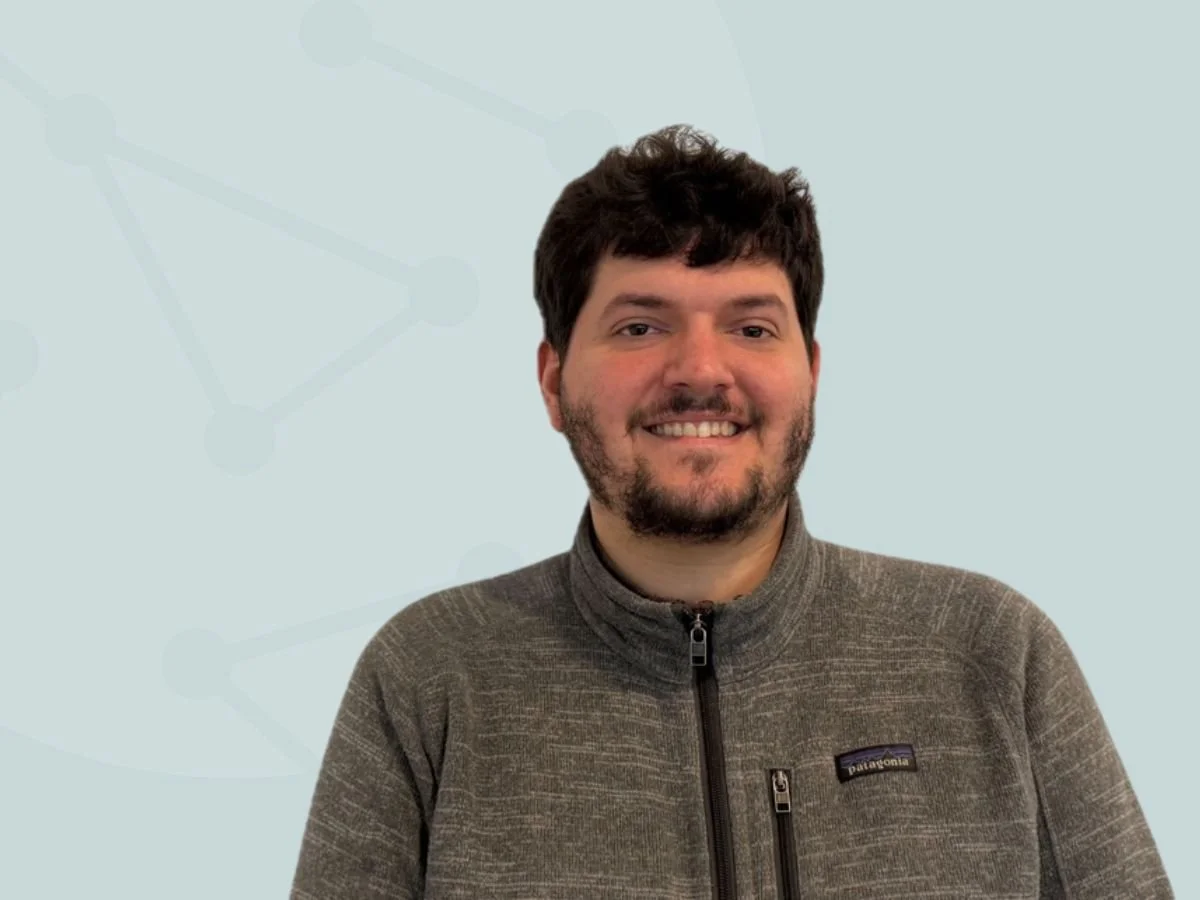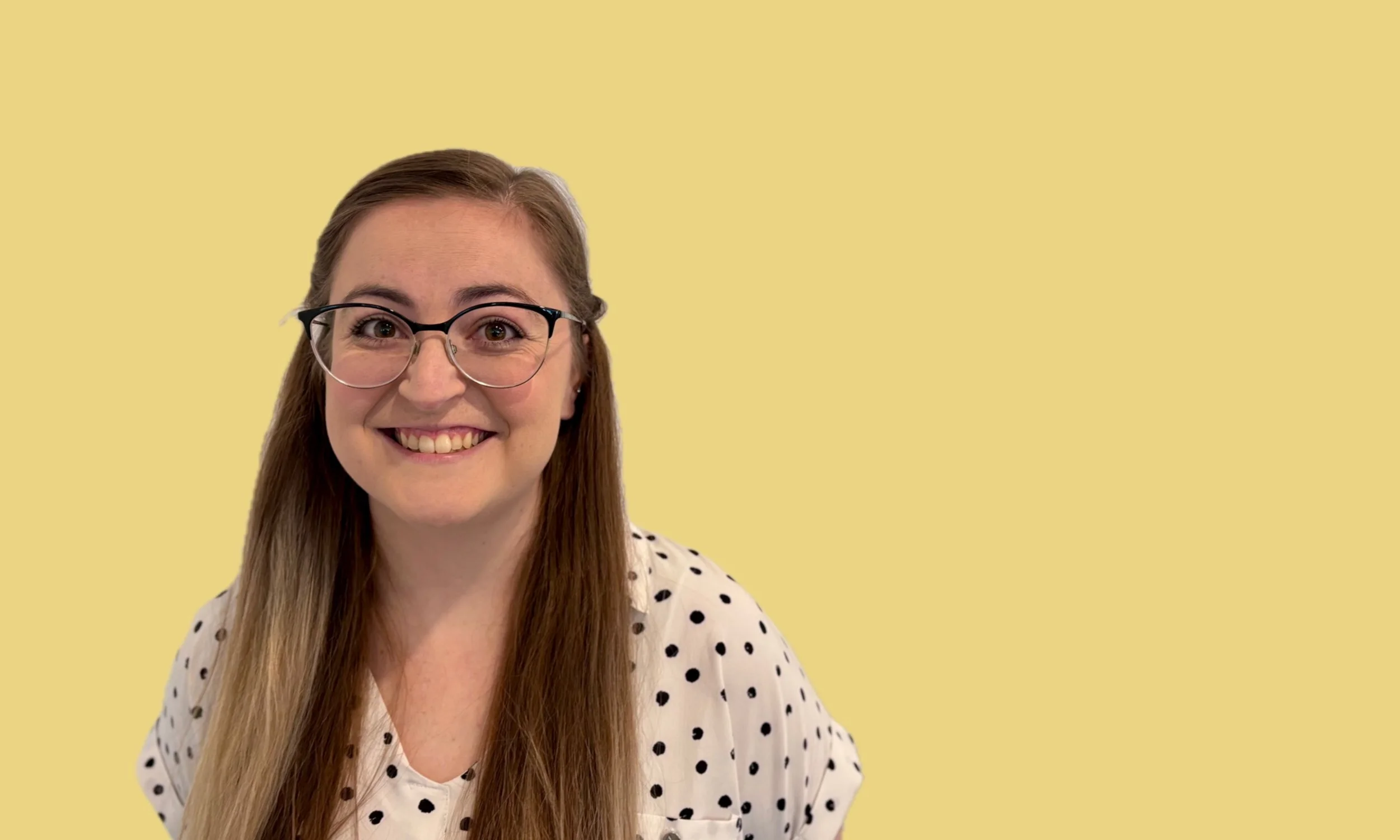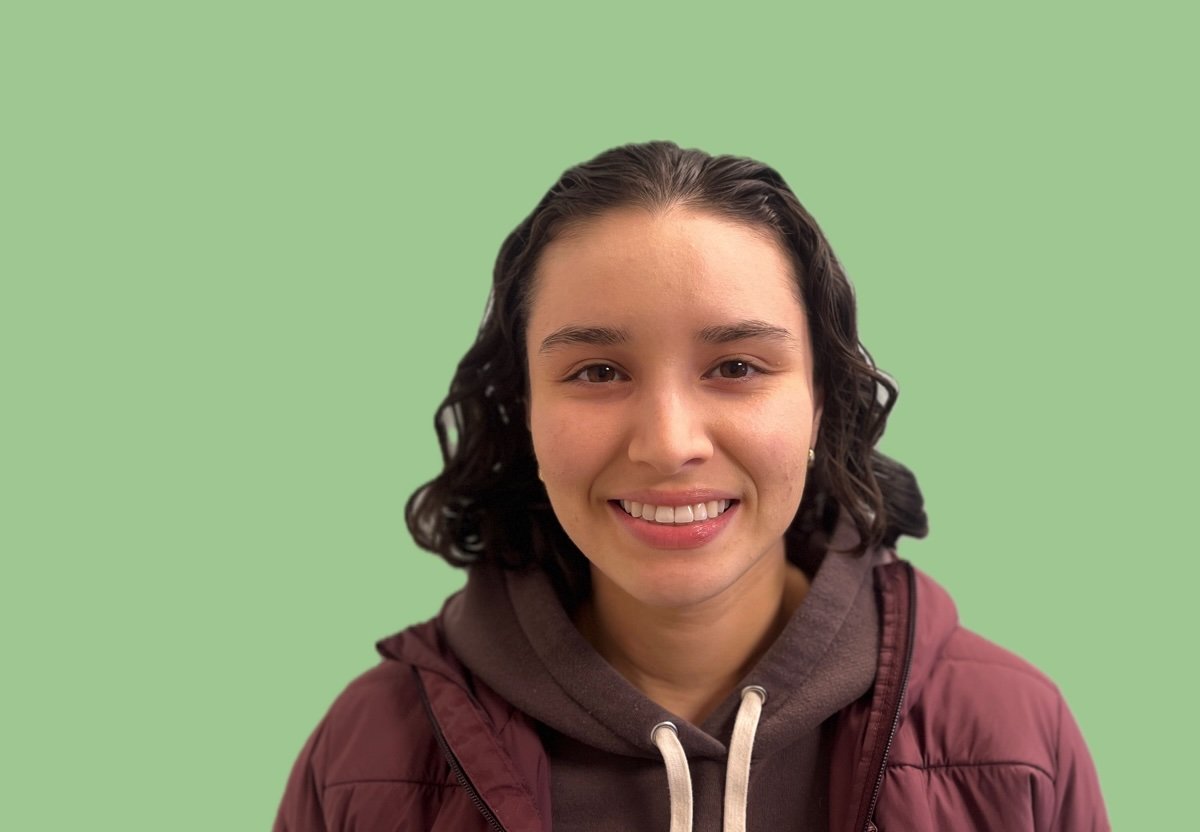Tutor Spotlight: Jameson Boslough
Meet Jameson.
We caught up with one of our expert tutors recently to hear about his experience tutoring students. Jameson is a versatile and experienced educator, having coached both kindergarteners on skis and environmental science majors on the Missouri River. His work with diverse learners enables him to tailor his approach to each student’s needs and aspirations. Jameson’s goal is to kindle the sparks of motivation that drive success, improve thinking, and cultivate a passion for learning. He offers personalized support for his students, whether they’re preparing for the SAT or ACT, or strengthening their math skills.
What's one thing you love about tutoring?
The craft of teaching lies at the intersection of several of my interests: the intellectual challenge of content mastery, the social processes of relational teaching, and (most importantly) the shared joy in exploring and understanding the world we live in. The most rewarding experiences of teaching are around guiding students to moments of insight, where you can sense the comprehension, curiosity, and excitement as things become clearer.
The personalization and focus that are possible in tutoring environments bring these moments every single session. The power of individual tutoring to best help students achieve and learn is well-established, and being part of that process as an instructor is an amazing opportunity.
How do you keep students engaged During tutoring sessions?
Engagement and motivation are deeply connected to student interests and goals. I work to foster in-session engagement by tailoring my instructional approaches to the student’s level, their passions, and their dreams. Tutoring and teaching are relational professions in that we teach best when we know our students. Helping students see a part of themselves in their studies can stoke drive and persistence even when the journey becomes challenging.
What's one study tip every student should know?
Your brain is an amazing organ (for countless reasons), but one of the most incredible abilities we have as humans is to observe, analyze, and reflect upon our thinking, processes that fall under the umbrella term of metacognition. “Thinking about thinking” is an approach that can powerfully improve the outcomes of your studying.
Metacognitive strategies such as pausing to check comprehension can help you study efficiently and provide self-efficacy in tackling future problems. For example, “This type of math problem always trips me up - do I need to review the algebra again?” or “I’ve read this passage twice, but the concepts aren’t sticking - how can I try to approach it differently?”
What was your favorite class in high school and why?
I was fortunate enough to have many wonderful classes in high school, and one that I feel exceptionally lucky to have taken was our senior-year science seminar course. While I had long been fascinated by the knowledge and processes of science in previous courses, our teacher guided us through an array of topics ― public land issues, climate change, abortion, end of life care ― in an expansive and thought-provoking manner that brought them to life.
He also brought in an array of guest speakers to reflect the variety of perspectives on such complex issues, and demonstrated the value of discussing candidly and thinking deeply about a given issue.
To this day, I still reflect on the conversations and insights shared among the class and continue to be inspired by the lively yet respectful debate environment that my teacher so skillfully facilitated.
share an example of a student you were proud of for reaching their goals.
One of my longest-standing tutoring relationships began during my undergrad years. As a college freshman looking for work, I heard through the math department about a professor looking for algebra tutoring for her twin boys. They were just starting 8th grade when we commenced weekly sessions; I don’t think any of us expected tutoring to last all the way through high school!
Working with them over the years, I felt honored to see them grow in their math skills and as people. While there were difficult times in the struggle for motivation, some of our most productive sessions came when we were able to incorporate the boys’ love for sports (basketball and baseball especially) in sabermetrics-inspired lessons and research projects. Finishing out junior and senior years with SAT test prep, I felt (and still feel!) a deep pride when I heard that both had gotten into their top-choice universities.
For me, working with these twins was a lesson in the value of hard work over the long term, and the transformative power of education in opening doors.
What do you admire about your students?
I think one of the most incredible things about my students is their resilience in the face of the countless challenges of growing up – being a kid these days ain’t easy! Even setting aside the inequities baked into our society, most teens are busy navigating success at school with work, family, extracurriculars, and complex social worlds.
Despite it all, and though sometimes hidden amongst the messiness of growing up, kids and teens are (almost without exception) deeply passionate about something in their lives. Moreover, the excitement of finding a newfound spark of interest is a constant possibility for teens. It is in this energy and drive that I find inspiration to bring my best to tutoring.




















